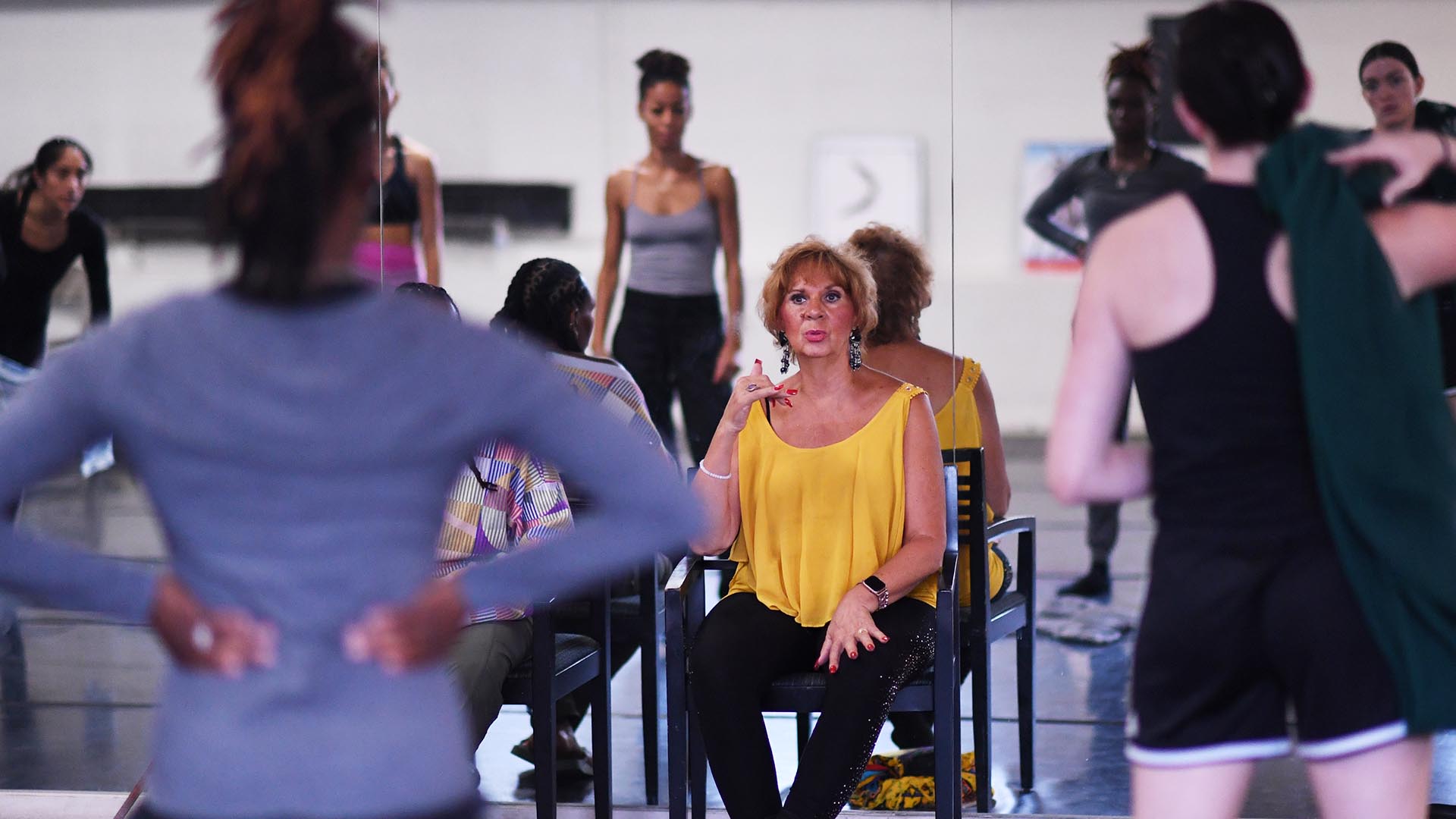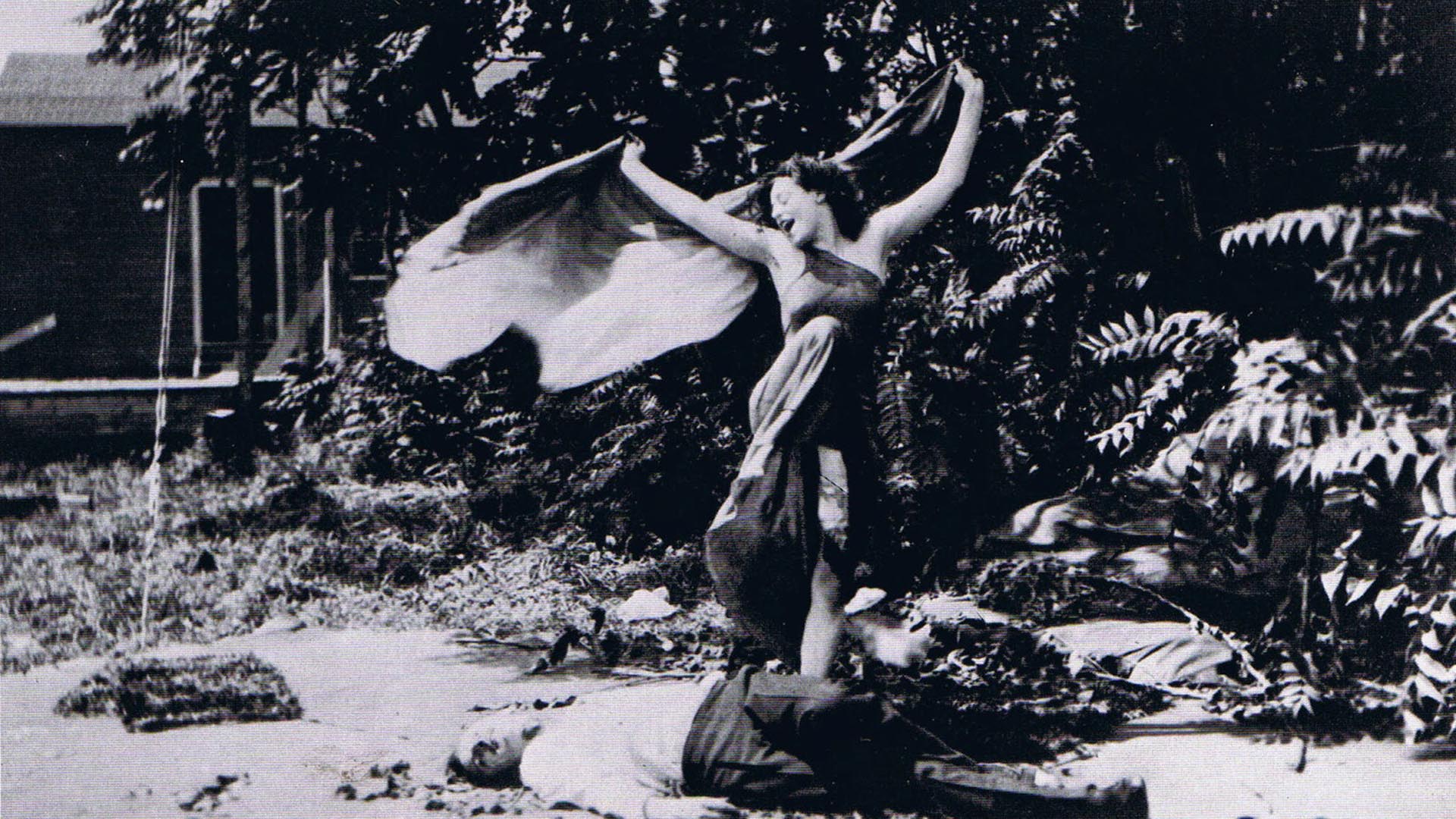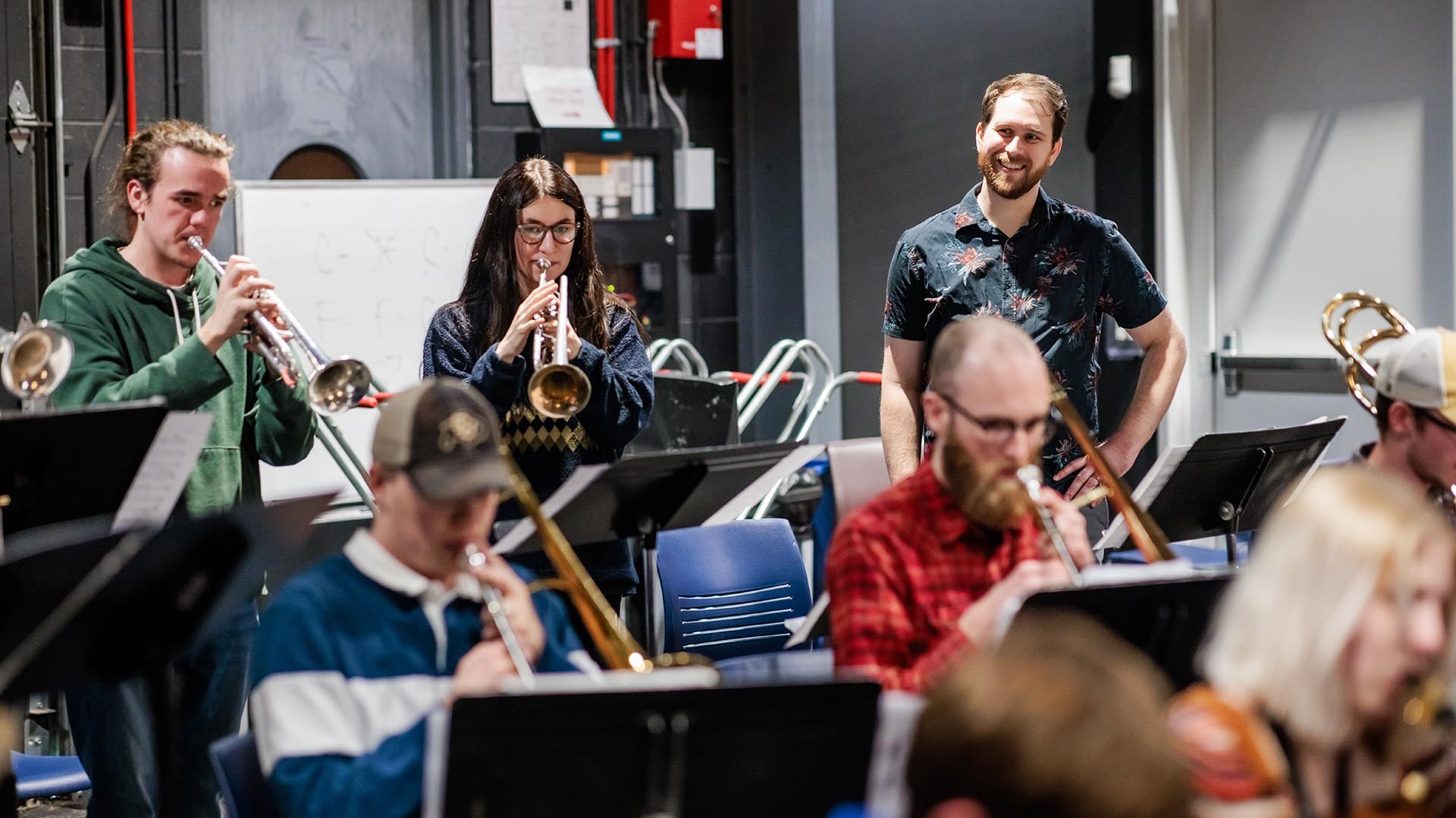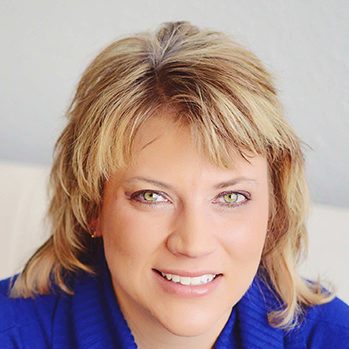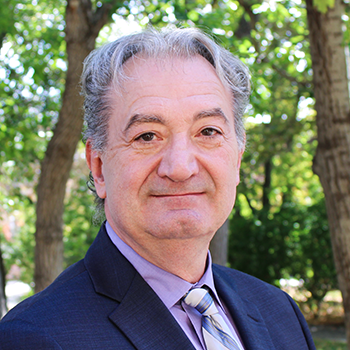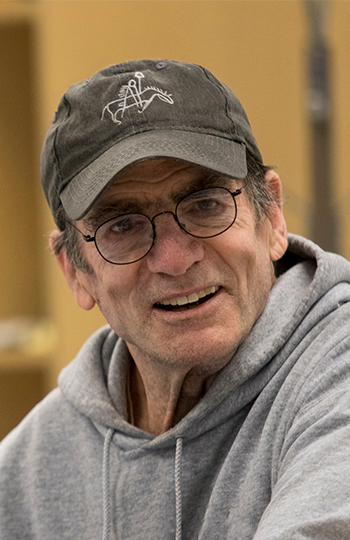Best of RED 2020
In a year unlike any other, our reporting illuminated the most important issues in Colorado, from the COVID-19 pandemic to protests for racial justice to the fight for DACA. Here are our best and most-read stories of 2020.
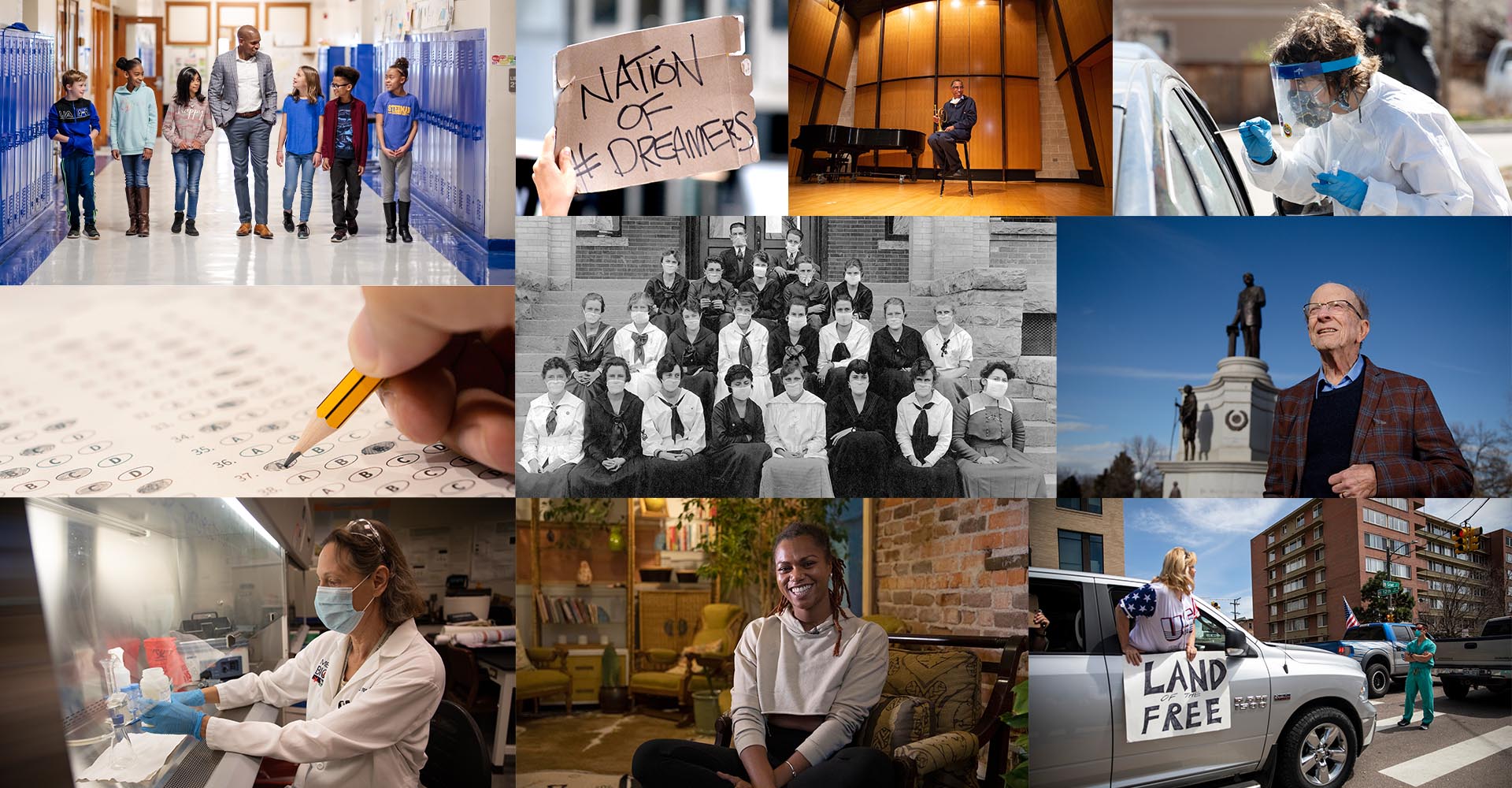
Earning a diploma on COVID-19’s front lines
At the onset of the pandemic, nursing students joined STRIDE Community Health Center to ramp up testing for coronavirus – and earn the clinical experience required for graduation.

Decked out in a facemask, shield and two layers of gloves, MSU Denver Accelerated Nursing Option student Micahla Cowles and a colleague approach each car that comes to STRIDE’s mobile testing site and run through a screener checklist, collect information and process paperwork. Then, they collect test samples by swabbing the back of the tonsils or nasal passage; the specimen is then sent off in a sealed biohazard bag.
With current testing available, results are back within two to three days, Cowles said.
“There’s no room for error in any of the process,” she said. “Fortunately, there’s an amazing team of professionals here at STRIDE who’ve developed this system to serve people quickly and accurately.
“Getting to work alongside them and be part of this effort has been truly incredible.”
Read the story
The story behind the viral photos of Colorado health care workers blocking COVID-19 lockdown protesters
Photojournalist Alyson McClaran captured the dramatic scene during April protests in Denver. Here’s how she got the shots.

“Photography is important to provide people that visual element to connect with: You see the passion and the body language, the setting and the context. Instead of people having to paint a mental picture themselves, the image gives emotion and puts a face to the story,” Alyson McClaran told RED.
“When I made these photos, I felt that emotion too – I had tears in my eyes and could feel the moment. And I knew that would last forever because it was documented in my camera.”
See all the photos
Dreamers keep dreaming after Supreme Court win
In June, DACA recipients celebrated the legal victory while pledging to fight for permanent immigration reform.

For MSU Denver Trustee Marissa Molina, the court ruling was personal, as she is a DACA recipient herself and an employee of the immigration-advocacy organization FWD.us.
“My message to students is for us to rest and find these moments of joy in this victory right now,” Molina said, “but to not lose sight of what our battle ahead looks like and really recommit ourselves to continue to fight equally as hard – and maybe even harder – so we can gain protections for all those who are still left behind.”
Read the story
Ron Miles makes Blue Note Records debut with ‘Rainbow Sign’
The Jazz luminary talks truth in music, how his father’s death affected the new album and signing with the legendary label.

Faithfully documenting one’s truth and sharing it with others in all of its many facets permeates “Rainbow Sign” and couldn’t be more relevant for artists in today’s contemporary reality, said Ron Miles, a Grammy-nominated cornetist, trumpeter and composer who is also a longtime musician in residence at MSU Denver.
“I think it’s about being open and loving – and challenging, too,” Miles said. “Challenging to say, ‘We can do better; I know it’s in you to do better because it’s in me, too.’ I don’t have to look far to see people messing up; I can look in the mirror every day.”
Watch the video
Lessons from the Selma to Montgomery March
Civil rights champion Sheldon Steinhauser marched with Martin Luther King Jr. in 1965. In 2020, he returned to Alabama with the Anti-Defamation League to retrace King’s steps and advance his message.

Through it all, Sheldon “Shelly” Steinhauser has remained steadfast to the Rev. Martin Luther King Jr.’s teaching that the arc of the moral universe bends toward justice, words King spoke from the steps of the Alabama State Capitol on March 25, 1965, in the culmination of that fateful protest.
“Tenacity is one of the most important things you can have going for you,” Steinhauser said. “People you’re opposing may have as much if not more staying power; you’ve got to stick with it to see your mission through.”
Read the story
Principal catalyst
Hard work and perseverance fueled Michael Atkins’ journey from school janitor to principal. Now he’s empowering students to be themselves.

With Michael Atkins at the helm, Stedman Elementary School employees attend in-depth sessions on equity. They interrogate their own biases with assessments such as the Intercultural Development Inventory. And out-of-school suspension is now a disciplinary last resort.
“This is the only place where children can make mistakes and you give them the social-emotional skills to correct those mistakes,” Atkins said. “If you punish children, all it tells them is that they’re not good enough. It doesn’t change behavior if you suspend them. It doesn’t build skills.”
Stedman’s focus isn’t on student compliance, he says.
“It’s critical thinking,” he says. “It’s curiosity; it’s allowing students to be themselves.”
Read the story
Will ‘historical amnesia’ doom COVID-19 response?
Historians discuss how studying the impact of the 1918-19 influenza outbreak can guide the U.S. response to the coronavirus pandemic.

“We need more people better acquainted with the history of the past 200 years, especially in those lesser-studied areas like public health and infectious disease,” said Stephen Leonard, professor of history at MSU Denver. “Most people are aware of the 1918 flu outbreak, but we’re failing to totally realize the danger we’re in. We’re collectively suffering from a historical amnesia. That matters because viruses don’t respect borders; they don’t care if you’re rich or poor.”
Read the story
Researchers study sewage for COVID-19 clues
The state of Colorado, wastewater-treatment facilities and University scientists team up to collect data that can serve as an early-warning system for coronavirus outbreaks.

“(Feces are) a canary in the coal mine,” said Tracy Fielder, 2019 MSU Denver biology graduate serving as an associate researcher on the one-year, federally funded pilot program to test sewage at Front Range wastewater-treatment facilities for the virus that causes coronavirus.
Read the story
Trauma-informed yoga takes root in Denver
Jalisa Williams’ Soulflower experiences grows holistic and safe spaces for people of color to heal their bodies and their minds.

Jalisa Williams is breaking down the barriers between Black bodies and holistic spaces.
Those impediments include everything from cost to music selection to the fact that instructors often don’t look like them or share their experiences, she said. But the biggest obstacle to holistic spaces she sees is the trauma in Black bodies.
“We need to learn how to breathe because we have not been offered that in the past,” she said. Photo and video by Amanda Schwengel
Watch the video
Time to toss the ACT and SAT?
Many colleges and universities are excluding standardized tests scores from admissions next year because of the pandemic, and some say it’s time to abandon standardized tests permanently.

MSU Denver President Janine Davidson, Ph.D., is calling for the permanent elimination of standardized tests in college admissions.
“Let’s just stop requiring the SAT and ACT. The only thing they really measure is privilege. Students who can afford extensive prep courses to game the test do better. No surprise,” she said.


